As New York authorities pledged to maintain the fees, the Trump administration extended the date it set for New York City to terminate its congestion pricing scheme, the first of its kind in the country.
The Metropolitan Transportation Authority was first directed by the Federal Highway Administration to cease toll collection by this Friday in order to facilitate a “orderly cessation.”
A day before the deadline, Transportation Secretary Sean Duffy revealed on social media that the Department of Transportation would offer New York a “30-day extension as discussions continue.”
“Remember that the billions of dollars that the federal government sends to New York are not a blank check.” Continued disobedience would not be tolerated, he declared Thursday.
Duffy reportedly informed New York Governor Kathy Hochul that President Donald Trump and the federal government were “putting New York on notice.”
“Your refusal to end cordon pricing and your open disrespect towards the federal government is unacceptable,” he said.
In response, Hochul emphasized her remark on social media when the U.S. Department of Transportation withdrew federal permission for the congestion pricing scheme last month, in which she declared, “The cameras are staying on.”
The permission was withdrawn on February 19 after a review ordered by Trump. Duffy said at the time that the “scope of this pilot project as approved exceeds the authority authorized by Congress” under the Federal Highway Administration’s Value Pricing Pilot Program, describing it as “backwards and unfair.”
The MTA has announced that it would challenge the Trump administration’s reversal in federal court, seeking a declaratory ruling that the DOT’s decision was improper. Hochul and MTA Chair and CEO Janno Lieber have said that they would not switch off the tolls without a judicial order.
Lieber reiterated that stance during remarks at an unrelated press briefing on Tuesday while contending that this is “not a test of wills” but normal litigation procedure.
“We’re just proceeding with the dispute as you would normally in any litigation setting,” he said. “This is not a test of wills. It’s just the reality of when you have a dispute, things don’t change until a court orders it, and that has not yet taken place.”
“We don’t expect it will, because we’re on pretty strong legal footing,” he added.
Lieber said that the federal government has yet to reply to the MTA’s first complaint, and that there is still time for them to do so.
“The good news is that the program, which has had such amazing benefits for New Yorkers — faster travel, cleaner air, fewer crashes, less honking, quieter, better environment for all, and also great economic benefits — all that is going to continue,” said Lieber.
“The program is underway now for 10 weeks, and it’s been successful by every standard,” he says. “And it’s the right thing to do for New York to continue it.”
The congestion pricing scheme, which went into effect on January 5, costs passenger cars $9 to enter Manhattan below 60th Street during peak hours in an attempt to reduce congestion and collect cash for the city’s public transportation system. During peak hours, small trucks and charter buses are charged $14.40, while big trucks and tour buses pay $21.60.
The toll produced about $50 million in income in its first month and is expected to yield $500 million in net revenue by the end of the year, as previously estimated, according to the MTA.







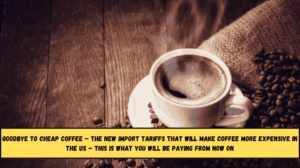




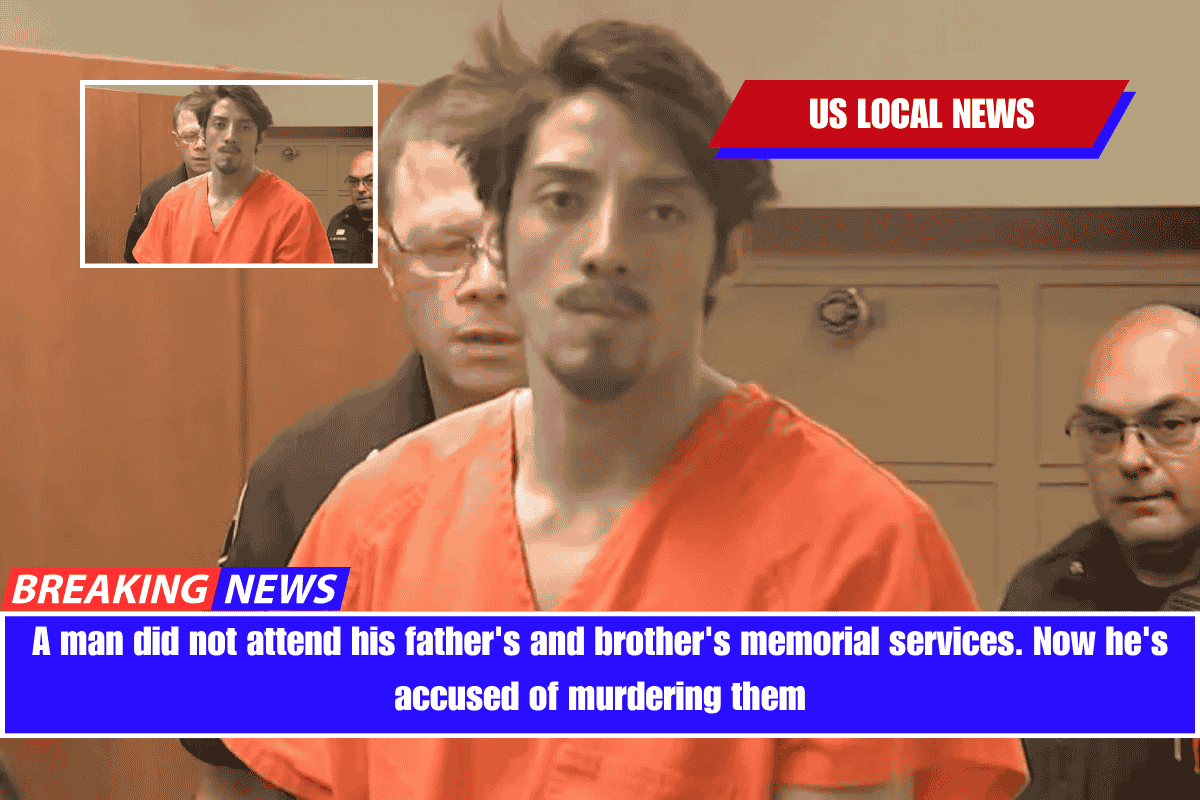
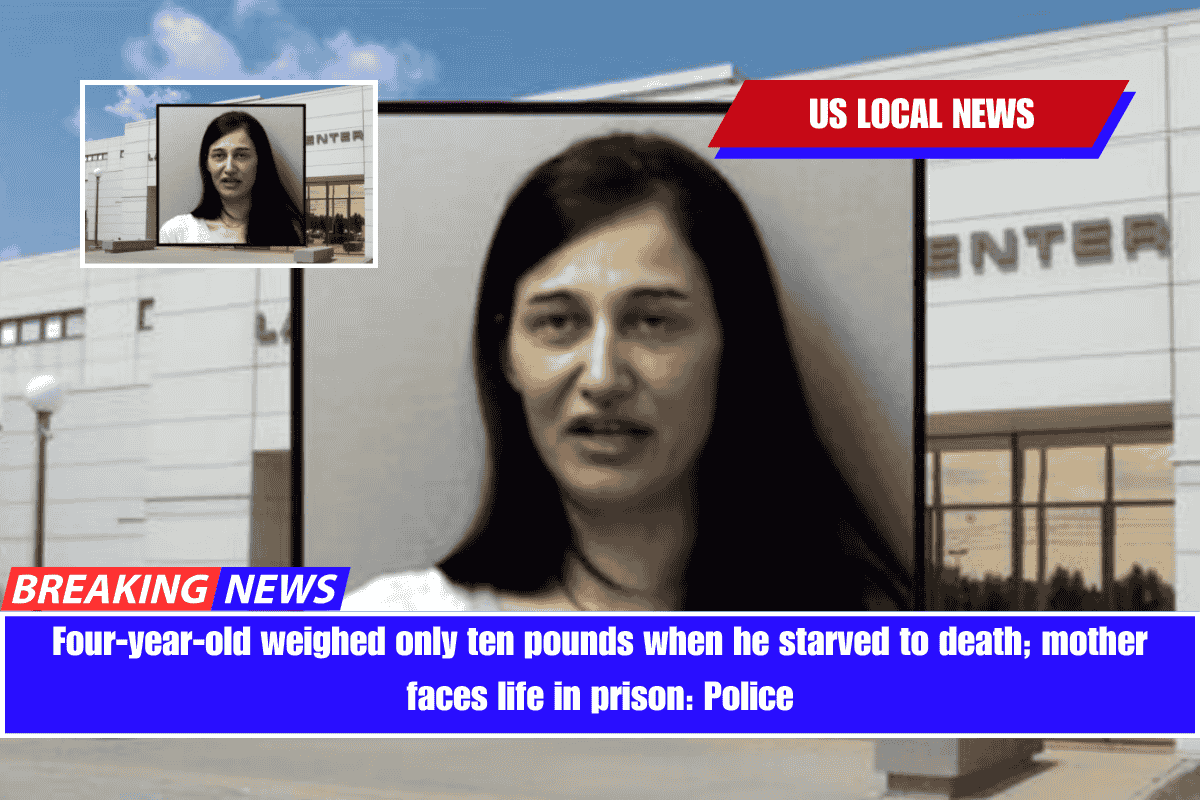

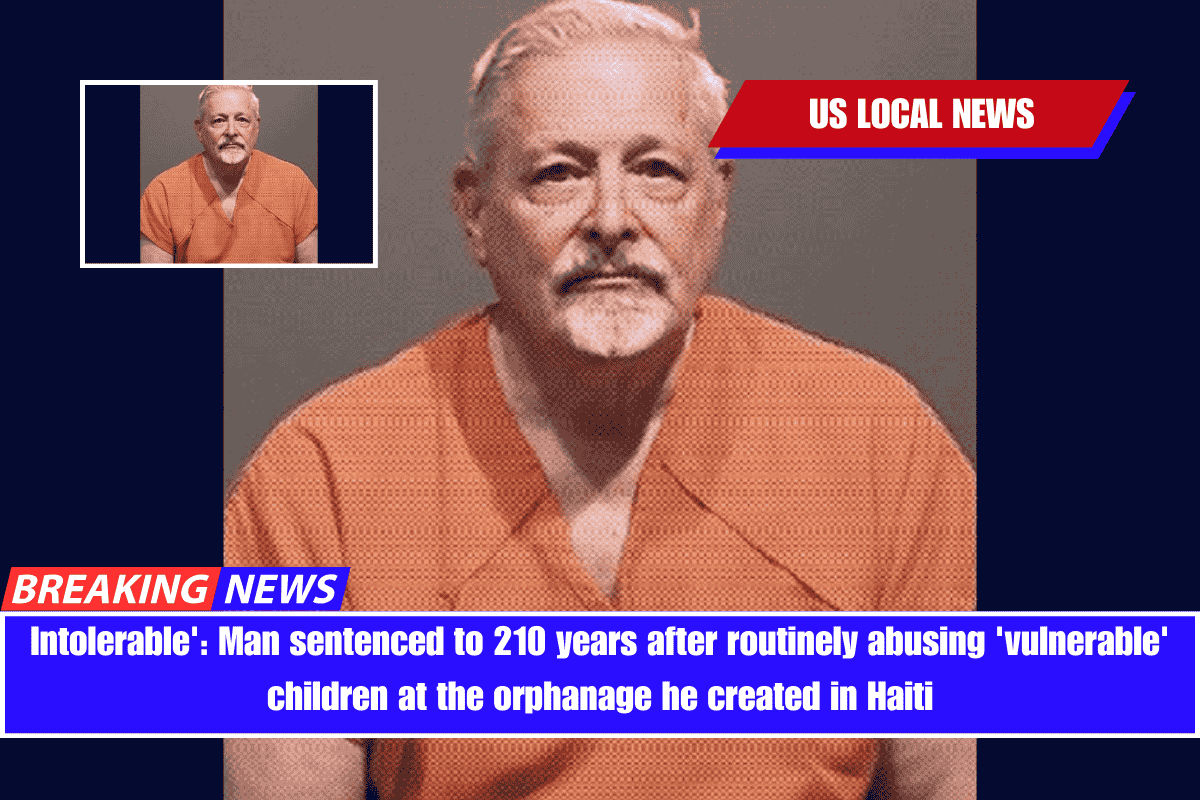

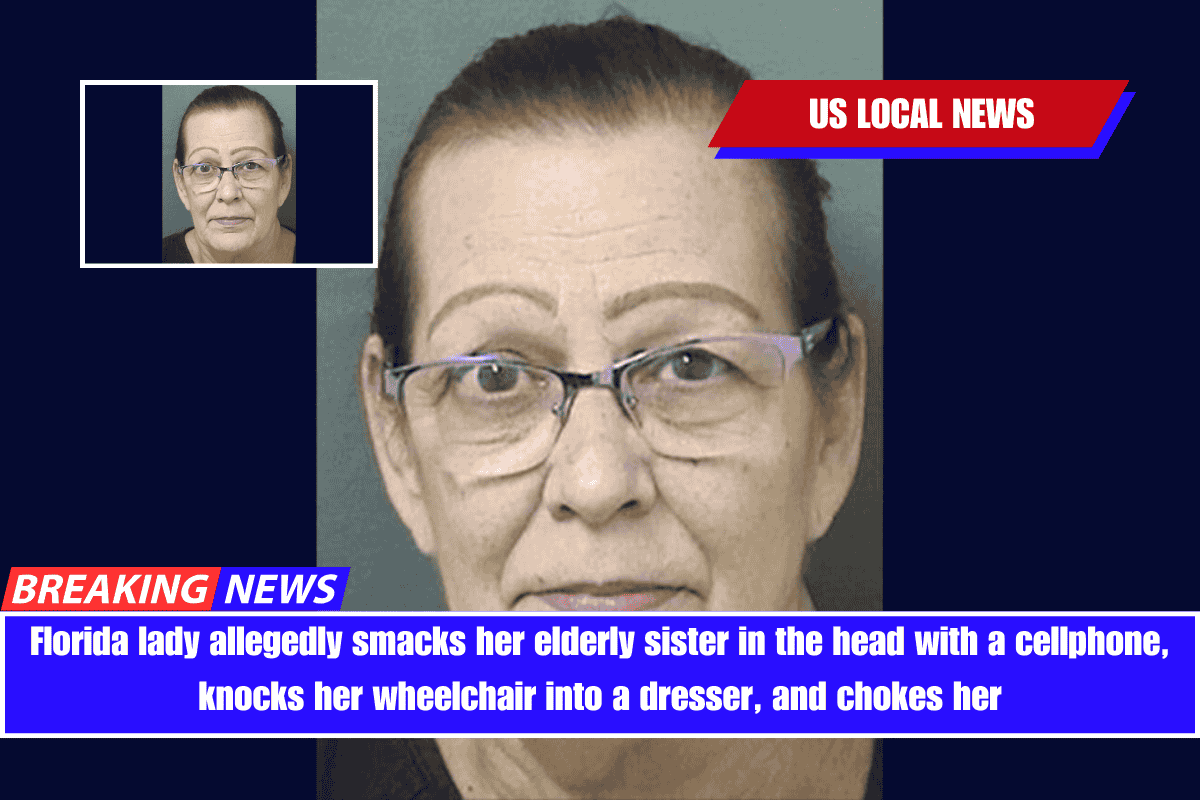
Leave a Reply